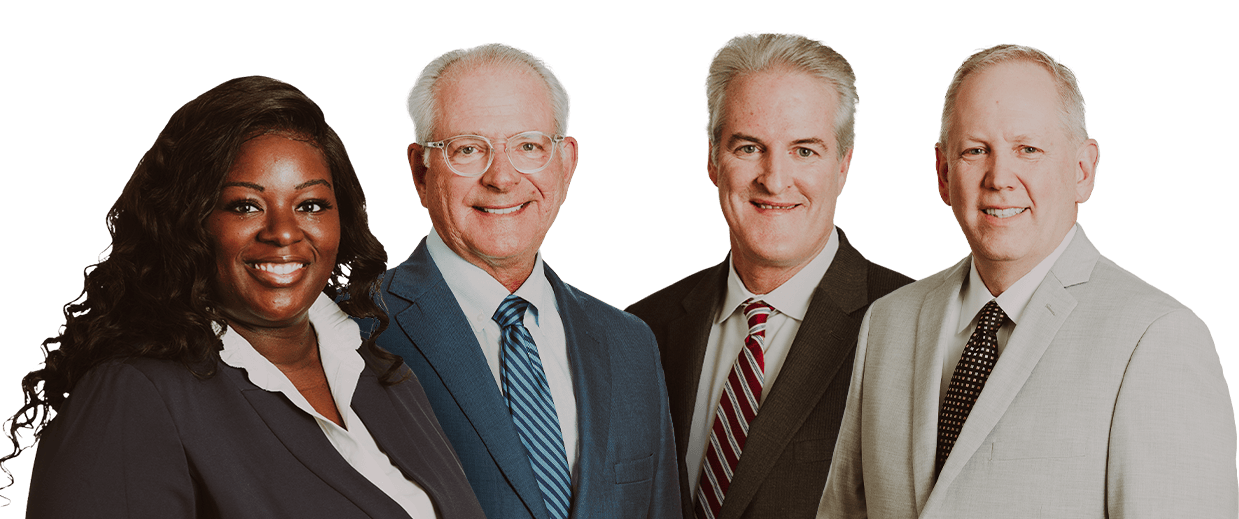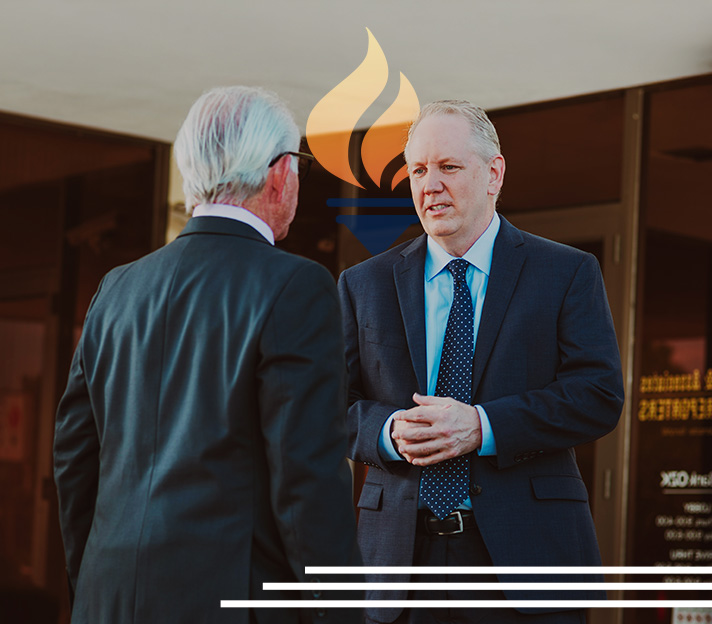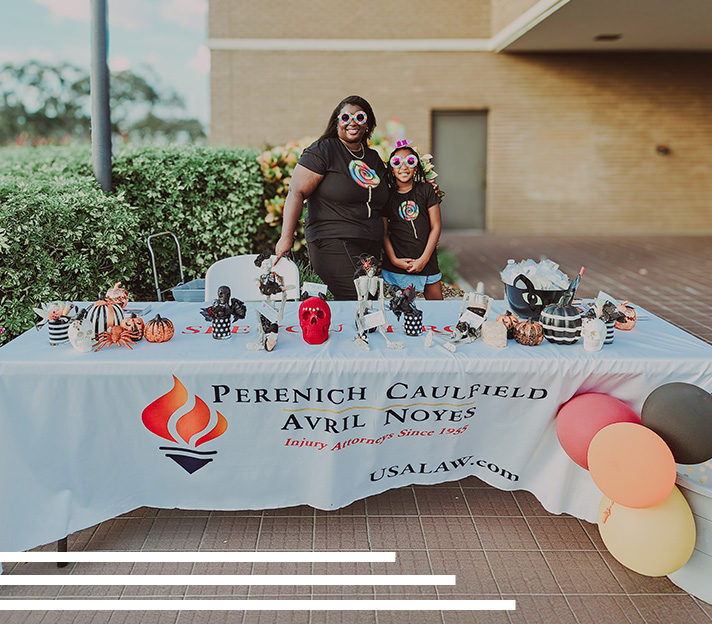Attorneys Answer: When Do You Need to Hire a Car Accident Lawyer?
Hiring a lawyer can be the best move you make for your injury case. A car accident lawyer knows both the law and the procedure to recover the greatest possible compensation for your injuries.
In some cases, the insurer will accept your claim, and you’ll receive a fair insurance settlement promptly. But this happens less often than you might imagine.
Insurers focus more on their bottom line than on your legal rights. They will usually do everything in their power to get you to take the lowest amount possible. These insurers may even push you into filing a lawsuit before they’ll make a fair settlement offer.
Here are some signs that you need to hire a car accident lawyer for your case.
1. Before You File a Claim
A car accident lawyer can help you before you even file a claim. Some accident victims do not know where to start with an injury case. Others understand the procedure but need legal guidance so they do not miss vital steps in their cases.
Understanding Florida’s No-Fault Insurance System
Florida uses a no-fault insurance system. When you get into an accident, you will file a claim with your auto insurer without regard to who was at fault for the accident. This means that you file a claim under your own auto policy whether you or someone else caused the accident.
Your auto insurer will review your claim to ensure:
- Your injuries resulted from an auto accident
- The medical treatment you received was reasonably necessary
The insurer will not determine fault because it must pay for the claim even if you caused the accident.
Florida law excuses you from the no-fault system and allows you to file a lawsuit against the at-fault driver when:
- Your medical expenses exceed your no-fault policy limits
- You suffer a permanent and substantial injury
This system is foreign to many accident victims. You might not know your rights under your insurance policy. But you need to know when you can escape the no-fault system and file a lawsuit. If you need help understanding your no-fault insurance, you should talk to a personal injury lawyer.
Valuing Your Case
One of the most common questions personal injury attorneys receive is, “How much is my case worth?” The answer depends on many factors, including:
- The severity and duration of your injuries
- Your past and future medical bills
- The amount of income you lost
- The effect of your injuries on your ability to work
- Your physical pain and mental suffering
Reasonable minds can differ on the value of a case. The self-interest of your insurer will likely affect its view of the value of your case.
Lawyers must offer unbiased advice and counsel to clients. As such, a lawyer must give you an honest assessment of your case, taking into account any facts and laws that do not work in your favor. This allows the lawyer to present a range of outcomes that include the best- and worst-case scenarios.
2. During Your Insurance Claim
You will file a claim with your no-fault insurer. You may also file a claim with the at-fault driver’s insurer if your injuries excuse you from Florida’s no-fault system.
An injury lawyer can help you at three points during your insurance claims:
Preparing and Filing the Claim
Most insurers will provide you with proof of claim forms after you report an accident. These forms ask you to list your losses and provide documents to support them.
The insurance company uses these forms to evaluate your claim and decide whether to accept or deny it.
Properly prepared proof of claim forms will:
- Speed up your claim
- Decrease the risk of denial
- Increase your settlement if the insurer accepts the claim
Accident lawyers know what works in a claim. Having a lawyer prepare your claim could save you time and money in the long run.
Fighting a Claim Denial
Insurers must accept or deny your claim within 30 days after you file the proof of claim forms. If an insurer denies your claim, you have a limited window of time in which to oppose it.
Insurers must make a good faith effort to review and accept legally sound claims.
Oftentimes, a lawyer can remedy a claim denial by sending additional documents or witness statements. Other times, a claim denial represents an impasse that might require a lawsuit to remedy.
Regardless of the reason, a lawyer can explain your next steps and guide you through them.
Negotiating a Claim Settlement
Claims adjusters often accept a claim but make low offers. You should view this as an invitation to negotiate.
Claims adjusters want to save their employers’ money. But they also need to satisfy their employers’ legal obligations under the policy.
Accident lawyers spend a lot of time negotiating settlements. Only about 4% of personal injury cases reach trial. The parties will either settle or dismiss most cases.
If your case has merit, you will almost certainly settle it rather than go to court.
3. After the Claim
If you cannot settle your claim with the insurer, you must decide whether to file a lawsuit. You will need an accident lawyer to advise you about your option to litigate. Your lawyer will also prepare your lawsuit and shepherd it through the court system.
Your lawyer will:
- Gather evidence
- Hire expert witnesses
- Make and oppose motions
- Present your case to a jury
An experienced lawyer knows the kinds of evidence that juries will respond to. They also understand the rules of evidence. A lawyer leads the jury through the evidence so that the only logical conclusion is to deliver a verdict in your favor and award you damages.
If you feel lost, talk to a lawyer. Most lawyers offer a free consultation so you can ask questions or discuss the value of your case and its legal merit. These free consultations come with no strings attached.
You may decide that you don’t need a lawyer after the consultation.
But if you decide to hire a lawyer, this initial consultation will give you insight into what the lawyer can do for you.
To learn more about the value that an experienced car accident lawyer can bring to your case, contact Perenich Caulfield, Avril & Noyes Personal Injury Lawyers for a free consultation. We’ll discuss the facts of your case and help you to determine what your next best legal steps might be.

We treat you like family.
If you can’t come to us, we’ll come to you.
Representing Accident Victims in Tampa Bay since 1955



-
“Friendly knowledgeable and kept me informed about my case. Any offer, bill or question was readily answered. Would definitely recommend and refer people to Bryan Caulfield and his team!!”- Betty B.
-
“Mrs Bryant works her butt off to make sure you get what is do to you in medical and beyond! They won’t take your case if they don’t feel you haven’t been wronged.”- Christine R.
-
“Working with Mark Perenich on my auto injury case was an absolute game-changer. From the very beginning, he brought a level of professionalism, expertise, and care that immediately put us at ease.”- Kerry B.
-
“Lorrie and Allyson are phenomenal. I highly recommend them to anyone. It seemed like a never ending journey but I can’t thank them enough for diligently fighting my case with the greatest integrity, support and prayers.”- Former Client
-
“From the first day we met this law group I felt very comfortable and knew we would be well taken care of. This was our first experience filing for SSD, and was not disappointed. The lawyers are awesome and very professional.”- Shari J.
-
“Very nice they worked with you. Never ignored me with my case. Always on top to work with you. Thank you so much for all that you have done to help me! Very highly recommend.”- Margarita O.
-
“My appointed attorney was Jacqueline, Bryant. She is very compassionate about her client and work. When it comes to negotiation, she's a Beast and she gets the job done.”- Alaina J.
-
“What was particularly awe inspiring was the recall of facts and testimonies from medical personnel that Para Legal Ms. Josephine Elizabeth Angelo was able to make. Her memory and acumen for detail was admirable.”- Maylisa Y.
-
“Wonderful, impeccable, personalized, authentic, truthful, honest experience. Rare, real, and human firm.”- Sheryl G.


We’ve been proudly serving Clearwater, St. Petersburg, and the Tampa Bay area for generations. As the first personal injury law firm in Clearwater, our dedicated legal team brings over 300 years of combined experience to each and every case. If you’ve been injured and need support, please reach outtoday for a free consultation, we are here to help you.















